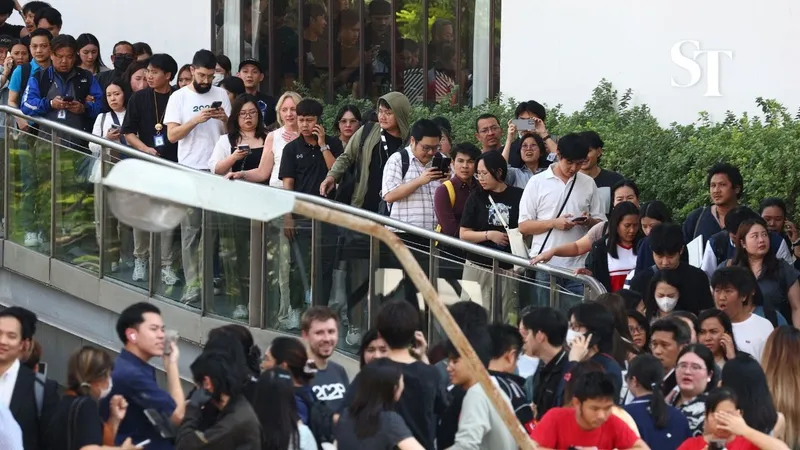Thailand’s tourism industry—a lifeline for millions—staggered under the weight of a 7.7 magnitude earthquake on Friday, just weeks before Songkran, the country’s biggest annual draw. The quake, centered near Mandalay, Myanmar, sent tremors ripping through Bangkok, collapsing a high-rise under construction and grinding the capital’s transport to a halt. With peak holiday season looming, the timing couldn’t be worse. The epicenter was 600 miles away, but Bangkok felt it like a gut punch. At 12:50 p.m., the ground shook hard enough to topple a 33-story building near Chatuchak Market, killing nine workers and leaving dozens missing. Prime Minister Paetongtarn Shinawatra declared a state of emergency, suspending the MRT and BTS rail lines—arteries that ferry tourists and locals alike. Traffic snarled to a halt as bridges wobbled and cars sat frozen. Governor Chadchart Sittipunt ordered parks to stay open overnight, rolling out water trucks and portable toilets for stranded visitors and residents.
Songkran, the Thai New Year celebration set for mid-April, pulls in over half a million foreign visitors yearly, pumping billions of baht into the economy. In 2024, the Tourism Authority of Thailand logged 28 million arrivals, with Bangkok as the gateway.
Now, hotel lobbies tell a different story.
“The building swayed, water splashed out of the pool—I’m not staying in a high-rise after that,” said Paul Vincent, a British traveler, checking out of his Sukhumvit hotel just an hour after checking in.
Tourists aren’t the only ones rattled. Russian visitors—a growing market since Western sanctions redirected their travel—are bailing en masse, according to social media posts. Hundreds fled Bangkok, clogging highways to Pattaya and Hua Hin. Ride-hailing apps like Grab and Bolt crashed under demand, leaving travelers stranded.
“It’s chaos,” said Somsak Preechasilp, a tuk-tuk driver near Khao San Road. “No one’s booking rides—they’re just walking, crying, trying to get out.”
The timing stings. Songkran’s water fights and temple visits were meant to cap a post-pandemic recovery. Hotels were 80% booked, according to the Thai Hotel Association, with rates surging across Silom and Chiang Mai.
Now, cancellations are rolling in.
“We’ve lost 30% of our April reservations since noon,” said Naree Boonmee, who manages a boutique guesthouse in Old Town. “People are scared of aftershocks.”
Thailand’s not new to crisis—the 2004 tsunami left lasting scars—but earthquakes are rare. The Sagaing Fault in Myanmar triggered this one, and its shallow 10-kilometer depth spread shockwaves far and fast.
The Stock Exchange of Thailand closed early. Finance Minister Pichai Chunhavajira attempted to downplay fears, assuring reporters the economic hit would be limited. But few seemed convinced. Beyond Bangkok, the quake’s shadow stretches over Phuket and Chiang Mai, key Songkran hubs. Flights are still landing, but tourists are rethinking plans.
“I was set for the water festival,” said Mei Ling, a Singaporean traveler waiting at Don Mueang Airport. “Now I’m just hoping to get home.”
Resorts reported early checkouts. Tour guides fielded panicked calls. The Tourism Ministry tried to rally confidence, promising safety checks—but the mood was already turning. Rescue teams in Bangkok continued digging as night fell. One survivor was pulled from the rubble—a small win on a dark day. Myanmar’s death toll hit 144, and the number is climbing. But for Thailand, the stakes are different. Songkran isn’t just a party—it’s a $5 billion economic lifeline. With aftershocks rumbling and tourists scattering, the question hangs in the air:

